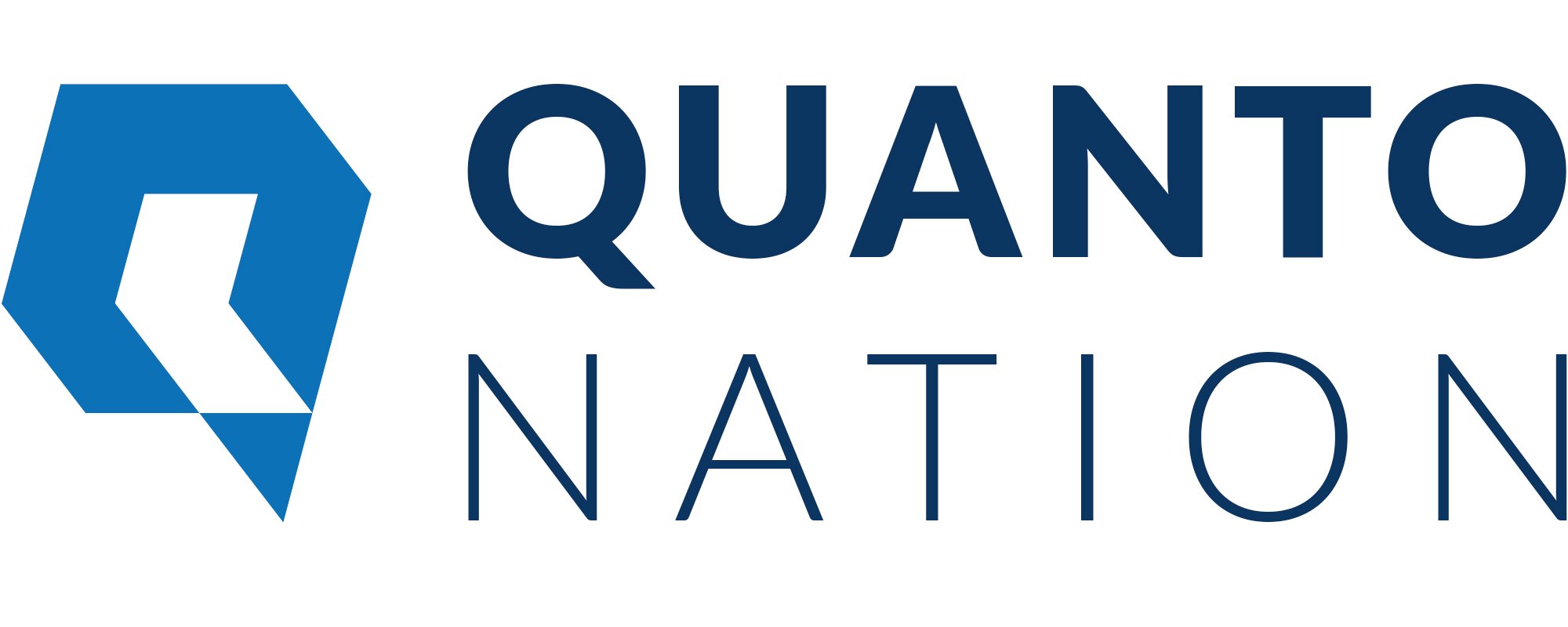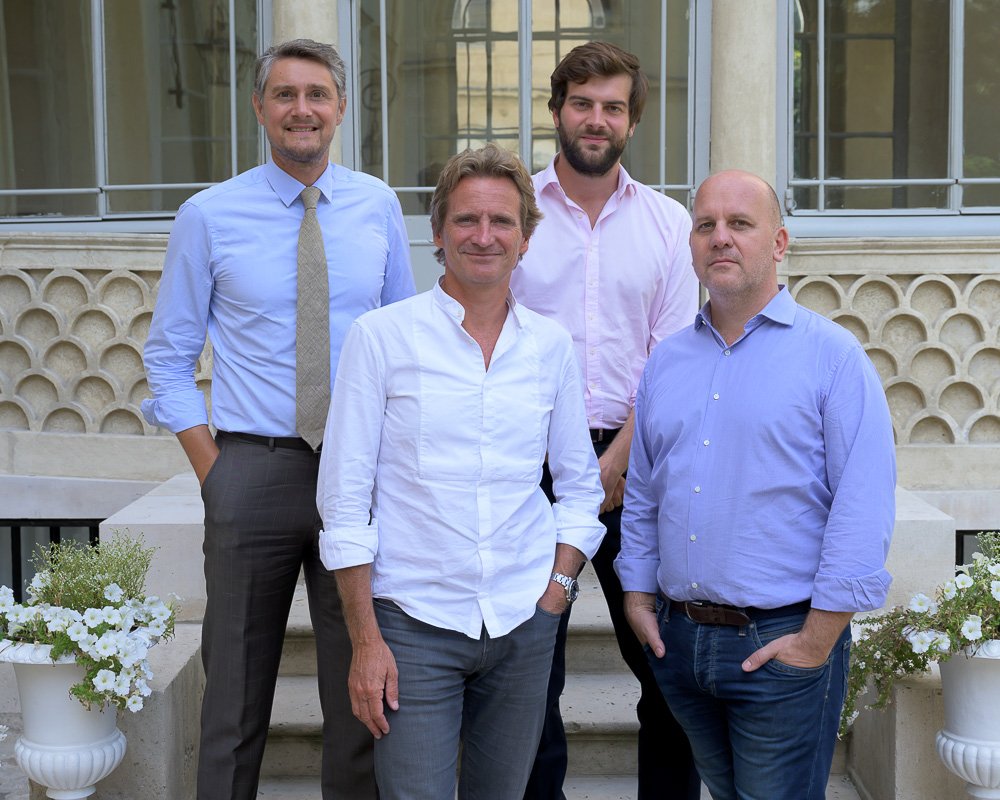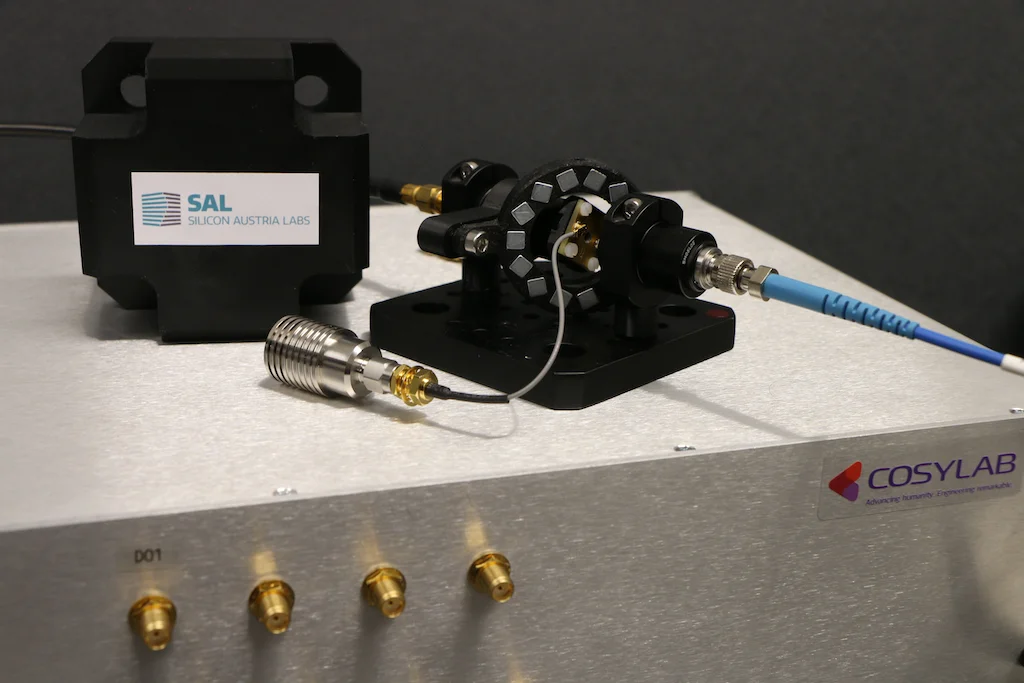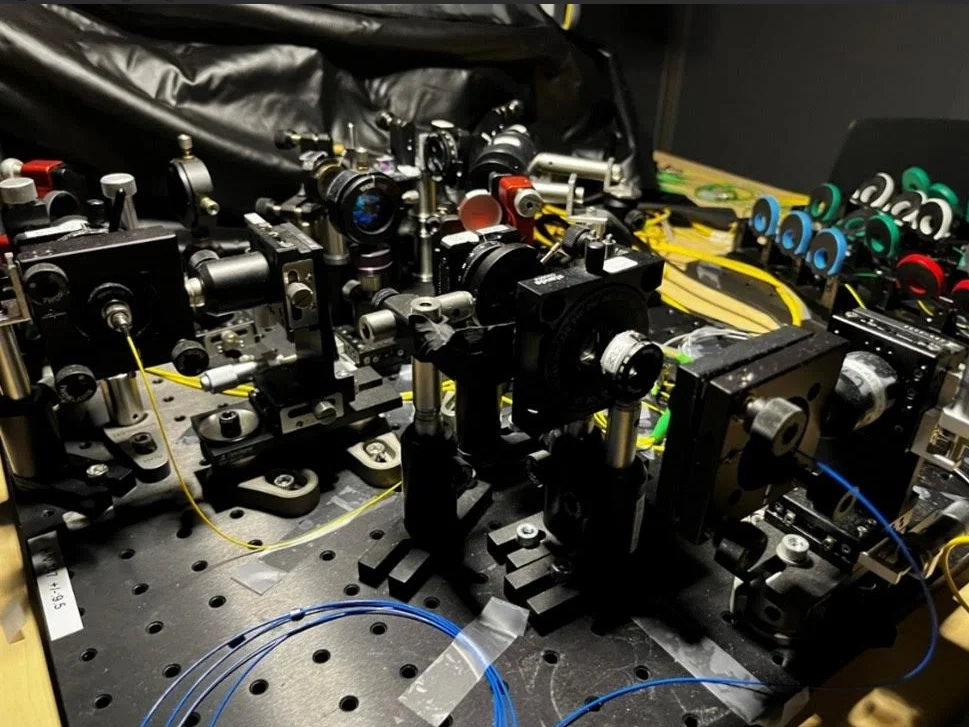
Whether you’re an investor, an entrepreneur, or a business leader, the time to prepare for the quantum era is now, according to an analyst for an early stage venture capital firm that is pioneering investment in quantum computing.
To succeed in the quantum era, startup teams in the quantum space will need to navigate both the complex physics that is involved in quantum computing and the more bottom-line business side, according to Jean-Gabriel Boinot-Tramoni, associate for Quantonation. Based in Paris, France, Quantonation is the first VC fund dedicated to deep physics startups with a focus on quantum technologies.
“Companies must balance their academic and business skills and at some point they should tap people from outside of the quantum science field, but who have a strong knowledge of industries that their solutions will serve,” said Jean-Gabriel.

Quantum computing is slated to disrupt or at least impact virtually all industries, and at the nearest term finance, pharmaceutical and chemical industries. Startups, particularly ones that are software-oriented, should make sure they have a thorough understanding of the industry within which their technology is applicable, or recruit members who can help them better understand the nuances of those fields in order to resolve true industrial pain points. There is no need to increase the computational power for some tasks that are not critical.
“In order to form a hardware quantum startup company, it’s better to come out from the lab, in order to leverage years of academic research on very specific topics” said Jean-Gabriel. “On the software side we often see companies that have this quantum knowledge on how the hardware is working and some knowledge of the industry, but we believe that they must integrate some experts of the industry they want to focus on.”
“still if you want to keep pace with the rate of innovation, you must move now.”
The Time is Now
The team for Quantonation, which was formed in 2018, expects quantum computing to make a huge impact and that the time to investigate and adopt quantum technology is now.
“The quantum supremacy has been demonstrated but has no specific application right now, still if you want to keep pace with the rate of innovation, you must move now,” said Jean-Gabriel.
He added that besides the potential for rapid change in fields and industries touched by quantum computing, the immediate need to start to see the potential of quantum application in communication, and sensing is necessary due to their very short-term applications.
“Quantum technologies can be hard to understand, and you need dedicated capabilities, so if companies want to benefit from quantum advantage, they must prepare right now,” said Jean-Gabriel.
As to when quantum technology will have a significant impact, Jean-Gabriel said that it’s a much more complex question than most assume. Different quantum technologies may be adopted at different times.
“First of all, we must divide our timeline depending on the field because we invest in quantum computing, but we also in quantum communication, sensing and deep physics – which are very mature with commercial products already available,” said Jean-Gabriel. “So, when we’re talking about the quantum computer part, we truly believe in the next two to five years some interesting applications will begin to emerge thanks to Noisy Intermediate Scale Quantum devices and next generation of algorithms.”
Quantum computing’s unique power will drive this adoption, particularly in the chemicals and fintech fields.
“Most likely, the applications will emerge in fields such as finance, computational drug design, material design and molecular simulation,” he said.

Quantum as a Service
Quantonation is keeping alert to several trends that are developing within quantum computing, including quantum computing as a service. The model is similar to software as a service, which revolutionized the model by introducing a cloud-based business model that all but replaced the physical installation of software.
“This will really depend on customers,” said Jean-Gabriel. “The quantum computer is not designed to process information like a laptop and there’s no use for everyday application in quantum computing, but on the other hand, the application that you’ll use in everyday life could have been initiated by some calculation that was performed on a quantum computer.”
He added that cloud quantum computing, however, will not fit the models of some businesses, particularly those companies with confidential or classified data. In many cases, the provider of cloud quantum computers may ask a customer to sign over access to the data.
In these cases, many companies will develop or buy their own quantum computers on premise.
Possible Roadblocks
For those investing in quantum computing, or starting a company in the industry, Jean-Gabriel warns enthusiasts about the risks.
“There is a high barrier to entry for investors in this field because of a lack of expertise on quantum science on the one hand, and the difficulty to assess when these technologies will have an impact on the global markets,” he said.
The high expectations of the technology, itself, may be another barrier.
“One of the barriers in quantum computing is that the technology does not live up in the timeline that people are expecting, we are talking about Deep Technology with long development cycle not comparable to the ones in digital” said Jean-Gabriel.
Another barrier is the sheer cost of quantum computing at present.
“Considering the fact that this is an emerging field, one of the barriers is cost of development,” he said. “Technology is emerging so there is no economy of scale driving the investment to higher levels than in more traditional fields.”
The Team
In addition to Jean-Gabriel, the team includes Dr. Christophe Jurczak, managing partner; Charles Beigbeder, founding partner; and Olivier Tonneau, partner.
Quantonation is the first early stage VC fund dedicated to Deep Physics and Quantum Technologies. After 8 investments, the team is raising 50M+ EUR to scale its development and support the growth of its portfolio.
Fields such as molecular design, high performance calculation, cybersecurity, or ultra precise sensing are now driven by innovation based on Deep Physics and Quantum Technologies. Thanks to its scientific expertise Quantonation aims at supporting the transition of these technologies into commercially available products for industry.














